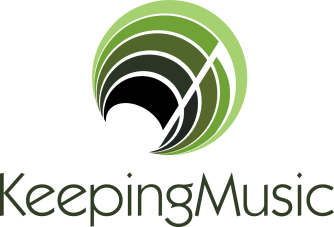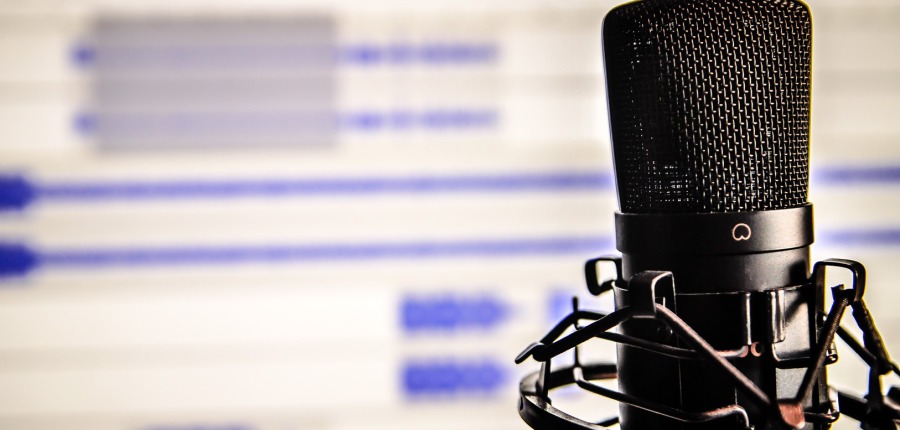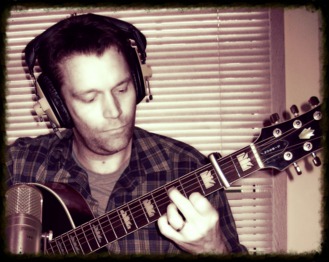Workshop Timetable
-
Listen to a selection of different recordings from some of your favourite Classical Musicians.
This will give you a chance to listen with 'different ears' to the variations in recorded sounds of the instrument. Recordings can differ considerably simply by the placement of the
microphones and the environment in which they have been recorded.
-
Understanding the studio equipment.
A basic run through of the recording gear and how it links up. Getting to grips with different microphones and their correct uses, microphone placement and stereo recording techniques.
-
A basic understanding of the recording software (DAW), Mix Console and how it works.
-
Recording of Demos
This gets the students involved in choosing their preferred microphone combinations and stereo micing technique. Finding the sweet spot and then recording a track. All students will help to record
each other.
-
Tracking, looping and editing techniques.
Understanding the techniques involved in editing the demo tracks, from choosing the best takes to editing them into a final track.
- Mixing - Understanding the methods of mixing using EQ, Compression, and various plugin effects.
- Mastering - This is the final stage of polishing the recorded track, understanding levels and getting a radio, CD or Web ready recording for distribution.
“Recording my first CD over two days in a cold chapel in Eastbourne taught me more about the finer detailing of my playing than 4 years study at the Royal Academy
of Music. Every aspect of the music, the clarity of technique coupled with the tones and timbres that I produced became augmented due to the microscopic detail of the microphones. As a result of that
experienced, I became a much better and more appreciative musician.” Andrew Keeping
Andrew Keeping has been a performing Concert Guitarist for over 30 years, and as a session musician and recording artist has worked with some of the industry’s most lauded producers and engineers,
in some of the most famous recording studios around the world. Six years ago Andrew decided to try to record an album of his own playing, and started to build his own home recording studio.
During this process he learnt from many of the mistakes he naively made and studied hard to strive to find the perfect sound to reproduce on a recording. Many of the hours spent experimenting with
microphone placement techniques, and how to use different equipment efficiently, along with the years of invaluable tips obtained from the industries greats, has given him a great insight into
understanding all aspects of the recording environment. Andrew has gone on to record professionally all genres of music with his fully equipped live studio.
Andrew feels that there is both a desire and a need for students to have a positive appreciation for recording work, as this is quickly becoming an invaluable and more accessible part of the music
industry. As a form of self-promotion through sound bites sent worldwide on Websites, Soundcloud, Facebook and You Tube, the home recording studio and more affordable recording equipment is allowing
musicians to reach a much wider audience with complete control over their own results.



